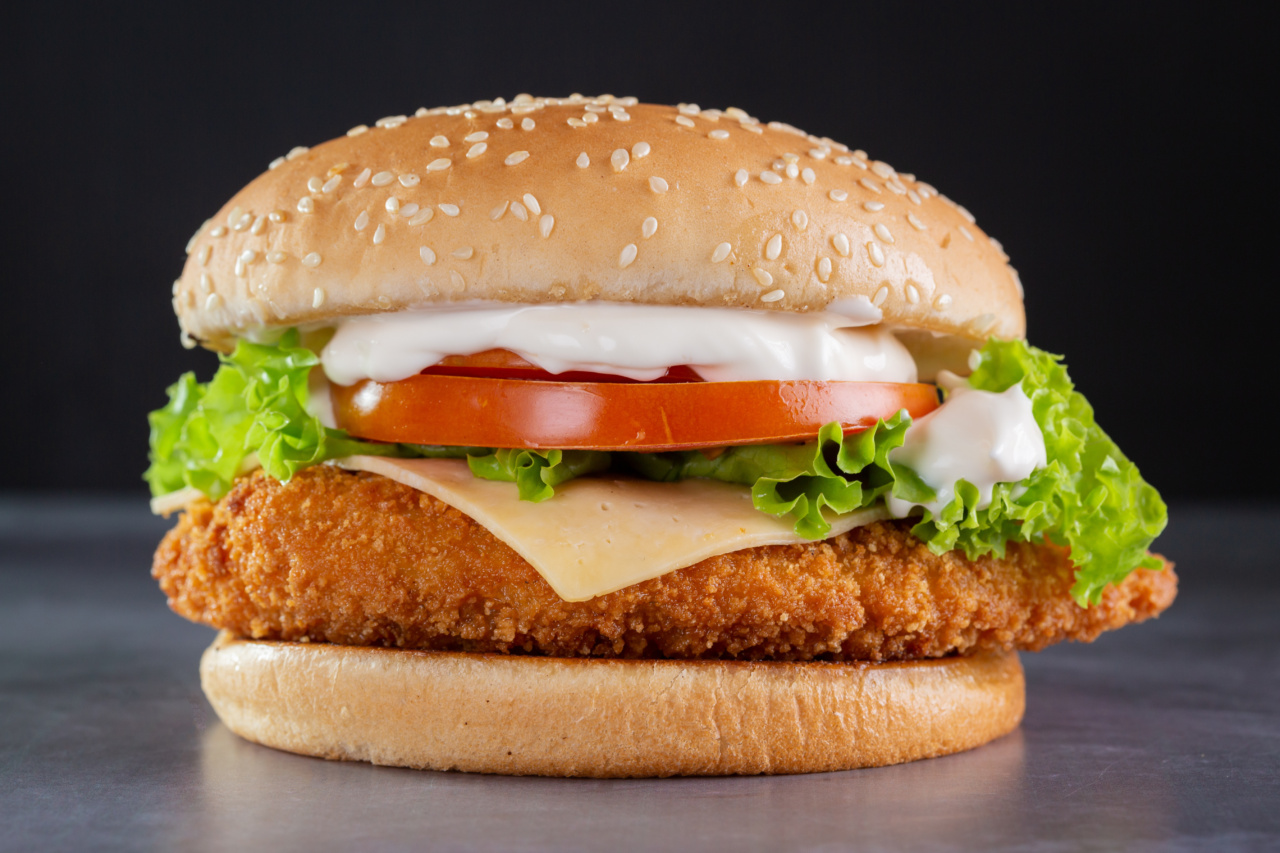For many people, chicken has become a popular choice of meat for its versatility, taste, and low-fat content.
However, recent studies have indicated that consuming chicken, especially if processed or cooked at high temperatures, may increase the risk of cancer.
What does the study say?
A study published in the International Journal of Cancer found that eating chicken may increase the risk of non-Hodgkin lymphoma.
The study was conducted on over 31,000 adults in Canada between 1992 and 2015, and researchers found that those who consumed more chicken and other poultry had a higher risk of developing the disease.
The researchers noted that the link between chicken consumption and non-Hodgkin lymphoma was more prominent among women than men. The study also found that processed meats, such as bacon and sausage, were linked to a higher risk of colorectal cancer.
Why might chicken cause cancer?
There are several reasons why chicken may increase the risk of cancer, including:.
- Carcinogens in cooking methods: Cooking meat at high temperatures, such as grilling or frying, can produce carcinogenic compounds known as heterocyclic amines (HCAs). HCAs are also found in processed meat products like chicken nuggets and sausage patties. These compounds have been linked to several types of cancer, including colon, breast, and prostate cancer.
- Harmful additives: Many commercially raised chickens are injected with antibiotics, hormones, and other additives to promote growth and prevent disease. Some of these additives have been linked to cancer development, and researchers have expressed concern that the cumulative effect of these additives may increase cancer risk.
- Mutations in chicken cells: Chickens can contract viruses that can cause mutations in their cells, allowing cancer to develop. Additionally, the hormones and growth promoters used in commercial chicken farming can also cause abnormal cell growth and mutation, increasing cancer risk.
How can you reduce your risk?
While the link between chicken and cancer is still being studied, there are several steps you can take to reduce your risk:.
- Choose organic and free-range chicken: Organic and free-range chickens are raised without antibiotics and hormones, and are fed a healthier, natural diet. They’re also less likely to contract viruses that cause mutations and abnormal cell growth.
- Avoid processed meats: Processed meat products like chicken nuggets, hot dogs, and sausage have been linked to several types of cancer. Try to limit your intake or avoid these products altogether.
- Cook chicken at low temperatures: If you want to eat chicken, cook it at low temperatures to reduce the production of HCAs. You can also marinate chicken before cooking to reduce the formation of these compounds.
- Eat a balanced diet: Eating a healthy diet that’s rich in fruits, vegetables, whole grains, and lean proteins can help reduce your overall cancer risk.
Conclusion
While chicken is a popular and convenient meat choice for many people, studies have indicated that it may increase the risk of certain types of cancer.
To reduce your risk, try to choose organic or free-range chicken, avoid processed meats, cook chicken at low temperatures, and eat a balanced diet.






























